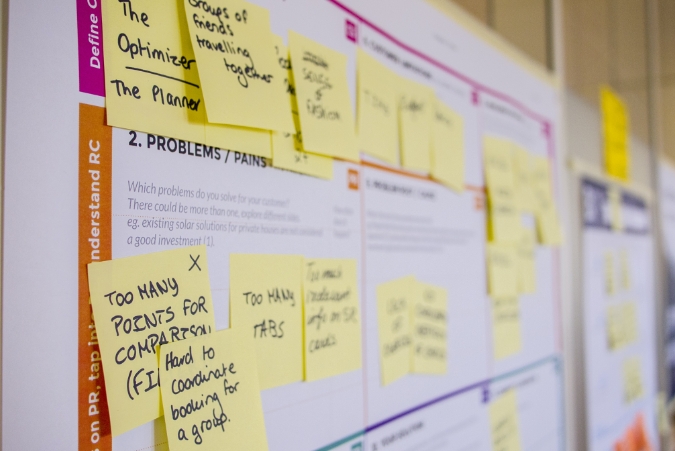Governance is cool…
Blah, blah, governance, blah…governance, ‘we need good governance.!’
How many times do you hear authors, consultants, presenters banging on about governance, and the importance of it? What do we really mean by this? I often find the people either ,misunderstand this term, or worse still see it as sone rather dull and formal administrative/legal activity that doesn’t relate to them. In reality, good governance is what makes the difference between successful, ethical and sustainable organisations, and those that are not. For people working in these organisations that’s hugely important, as it means that working in that organisation will be a wholly better experience if governance is working, than if its not.
I want to briefly explain in this blog why Governance is actually a cool and exciting activity – no really..!!
So what do we mean by governance, and who does it?
The definition: ‘Governance’ – the means by which an organisation is directed and controlled.
Basically, this is the approach that is needed to set out the expectations for an organisation – the vision, mission and tangible expectations. So, governance is required to define and set these expectations. Many organisations do this, but then fail on the second part, which is to monitor feedback and performance against these goals, working with the organisation to review delivery and make accommodations for changes or missed expectations. Sound familiar? – yes this is what we do in Service Management…
In terms of who does it, then governance is not simply about a board of directors, or senior management, although they are very much part of the scene setting around this. Governance is something that everyone has a role to play in – either in terms of monitoring and tracking and adjusting, or simply by being aware of what is the agreed levels of the right or agreed
For me there are some key questions that we should all be able to answer about what we do in work – and this ultimately is what we mean by ‘governance’.
- What do we expect to do and deliver as an organisation? Does everyone involved understand this and know what their expected contribution is?
- Are we delivering this – or working towards it? If not, what do we need to do dynamically to achieve this, or reset the expectations?
- Does everyone know how we are doing ? Participants who are involved in delivery need to know if they are on target, plus also its important to ‘market’ successes to all stakeholders.
These questions will have different connotations and interpretations for different stakeholders, but essentially the questions are the same. It is a clear mark of synergy and collaboration that an organisation is focussed on answering these questions at different levels and across varying teams and departments.
So Governance is not just the preserve of rather dull administrators or bureaucrats, its something that we should all be engaged with. It also helps us to run as a fair minded and self-ware organisation – if we see that our colleagues are needing help in reaching the required objectives, we should step up and help them. If on the other hand the organisation does not notice or work to remedy issues and it is seen that some people are treated unfairly or others also allowed to dodge the rules, then this will not be a healthy place to work. The key elements of trust and attention to failure – e.g. as defined within the 5 dysfunctions (Lencioni) model – are key here, and we are all responsible for maintaining them.
We all are responsible for governance, and if this is delivered well, then it’s a really positive and empowering thing…




